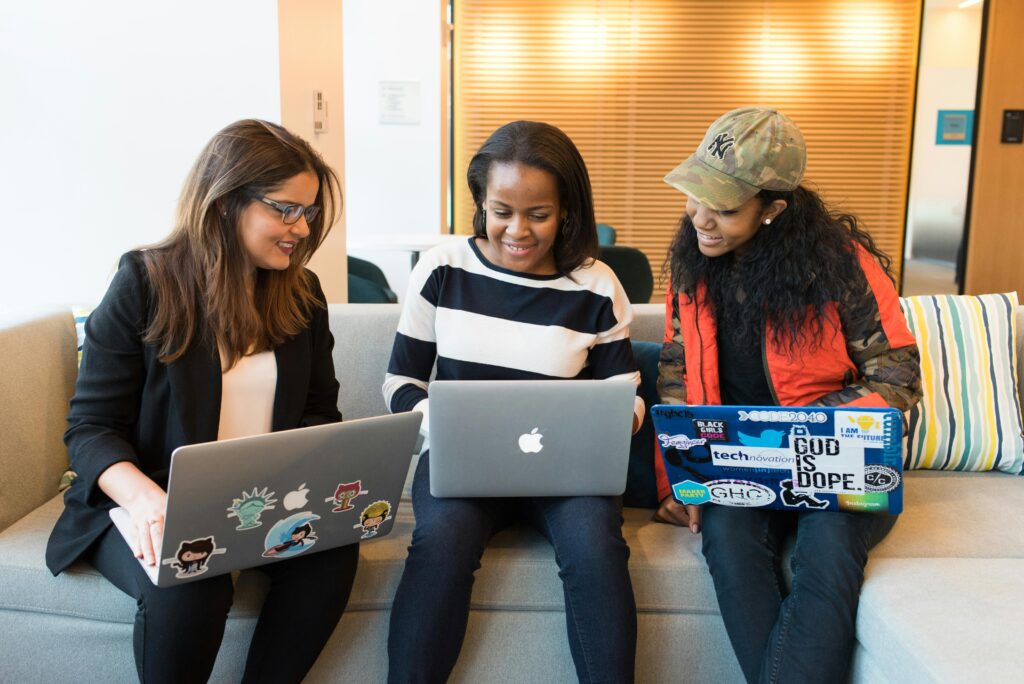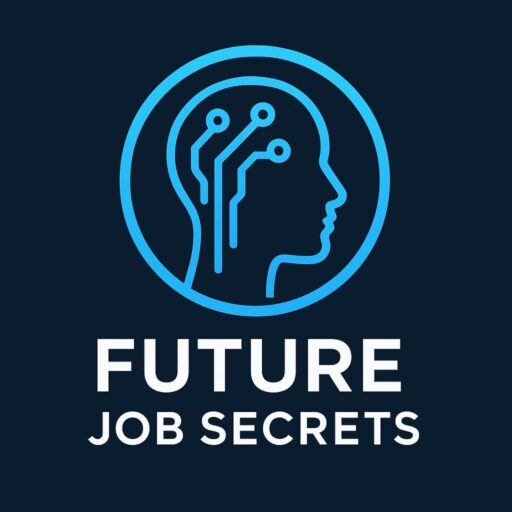Best Free Courses for Working Professionals
Introduction
Are you a working professional struggling to keep up with the fast-changing job market? Don’t worry—you’re not alone! The good news is that the world of free online learning has never been more accessible. Whether you want to upgrade your tech skills, improve your communication, or explore a new career, there are thousands of free courses waiting for you.
Table of Contents
Let’s dive into the best free courses for professionals who want to learn smarter, not harder.

Why Continuous Learning Matters
In today’s professional world, standing still means falling behind. Technology, industries, and customer expectations evolve fast. Continuous learning helps you stay relevant, open new doors, and future-proof your career.
It’s not just about degrees anymore—it’s about skills. Whether you’re aiming for a promotion, switching careers, or freelancing, learning continuously helps you stand out from the crowd.
Top Platforms Offering Free Courses
1. Coursera
Coursera partners with top universities like Stanford, Yale, and Google. Many of its courses are free to audit, with paid certificates as an option. Ideal for structured and academic-style learning.
2. edX
Founded by Harvard and MIT, edX offers professional-grade courses across tech, management, and data science. You can learn from the best professors for free.
3. Udemy
Udemy has thousands of short, practical courses taught by professionals. Search for “free courses” to access plenty of budget-friendly options for upskilling.
4. LinkedIn Learning
While it’s primarily subscription-based, LinkedIn Learning frequently offers free courses and trials. Plus, certificates can be added directly to your LinkedIn profile.
5. Google Digital Garage
Google’s platform offers free certifications in marketing, data, and technology—perfect for anyone wanting to learn digital skills from scratch.
6. FutureLearn
A UK-based platform offering free short courses from global universities. Great for learning in a community environment.
Best Free Courses by Category
Technology & IT
- Google IT Support (Coursera): A beginner-friendly course to understand networking, systems, and troubleshooting.
- Python for Everybody (University of Michigan): One of the most popular programming courses for non-tech professionals.
Business & Management
- Financial Markets by Yale University: Learn the principles of finance directly from Nobel Prize–winning economist Robert Shiller.
- Strategic Management by Copenhagen Business School: Build decision-making skills and think like a CEO.
Communication & Soft Skills
- Effective Communication (University of Colorado): Boost your workplace communication skills.
- Leadership & Influence (LinkedIn Learning): Learn how to lead teams confidently and make an impact.
Marketing & Digital Skills
- Fundamentals of Digital Marketing (Google): A 40-hour certification course that’s free and recognized globally.
- Social Media Marketing (Meta): Learn Facebook and Instagram marketing tactics straight from Meta experts.
Personal Development
- Time Management (Coursera): Learn to prioritize your work and focus on what truly matters.
- Stress Management (Yale): Build resilience and emotional intelligence for modern workplaces.
Top 10 Free Certification Courses for Career Boost
- Google Digital Marketing & E-commerce Certificate
- Coursera – Project Management Principles
- LinkedIn Learning – Excel Essential Training
- HubSpot Academy – Inbound Marketing Certification
- Microsoft Learn – Azure Fundamentals
- IBM Data Science Fundamentals
- edX – Leadership in the 21st Century
- Udemy – Public Speaking Essentials
- Coursera – Introduction to Data Analytics
- FutureLearn – Workplace Communication Skills
Each of these offers real-world value and can be displayed on your resume or LinkedIn to impress employers.
How to Choose the Right Course for Your Career
Before jumping into a course, take a minute to reflect:
- What skills are in demand in your industry?
- Do you want to upskill in your current job or change careers?
- How much time can you realistically dedicate each week?
Choose courses that align with your goals, not just popular ones. Relevance beats randomness!
Benefits of Taking Free Courses
- No Financial Pressure: You can learn premium skills without paying a cent.
- Learn at Your Own Pace: Ideal for busy professionals.
- Boost Employability: Gain credentials that make your resume stand out.
- Stay Ahead of Industry Trends: Learn cutting-edge concepts before they become mainstream.
Tips to Stay Consistent with Learning
- Set a weekly learning schedule—even 30 minutes daily adds up fast.
- Treat online learning like a real class—minimize distractions.
- Track progress using apps like Trello or Notion.
- Reward yourself after completing each milestone.
Remember, small daily progress leads to massive long-term results.
Balancing Work, Life, and Learning
Finding time for learning can be tough—but not impossible. Try these:
- Wake up 30 minutes earlier for focused study time.
- Listen to audio lectures during commutes.
- Take short weekend sessions instead of marathon study days.
The goal isn’t to study more, but to study smarter.
Future of Learning for Professionals
The future of education is personalized, bite-sized, and AI-powered.
Micro-certifications, ort skills-based programs, and AI tutors will redefine learning for busy professionals. In the coming decade, adaptability will be the most valuable skill.
Conclusion
Free online courses are not just about learning—they’re about transforming. Whether you’re aiming for a promotion, exploring a new field, or building confidence, these resources can elevate your career. The best investment you can make today is in yourself.
So why wait? Start learning today—your future self will thank you!
FAQs
1. Are free online courses worth it for professionals?
Absolutely! Many free courses are created by top universities and companies, providing valuable, up-to-date skills.
2. Do free courses provide certificates?
Yes, some platforms like Google and Coursera offer free certificates, while others charge a small fee.
3. Can free courses help me get a promotion?
Yes! Employers value continuous learners who invest in self-improvement.
4. How much time should I spend learning weekly?
Even 3–5 hours per week can make a big difference over time.
5. What’s the best platform for beginners?
Google Digital Garage and Coursera are perfect starting points for beginners.



